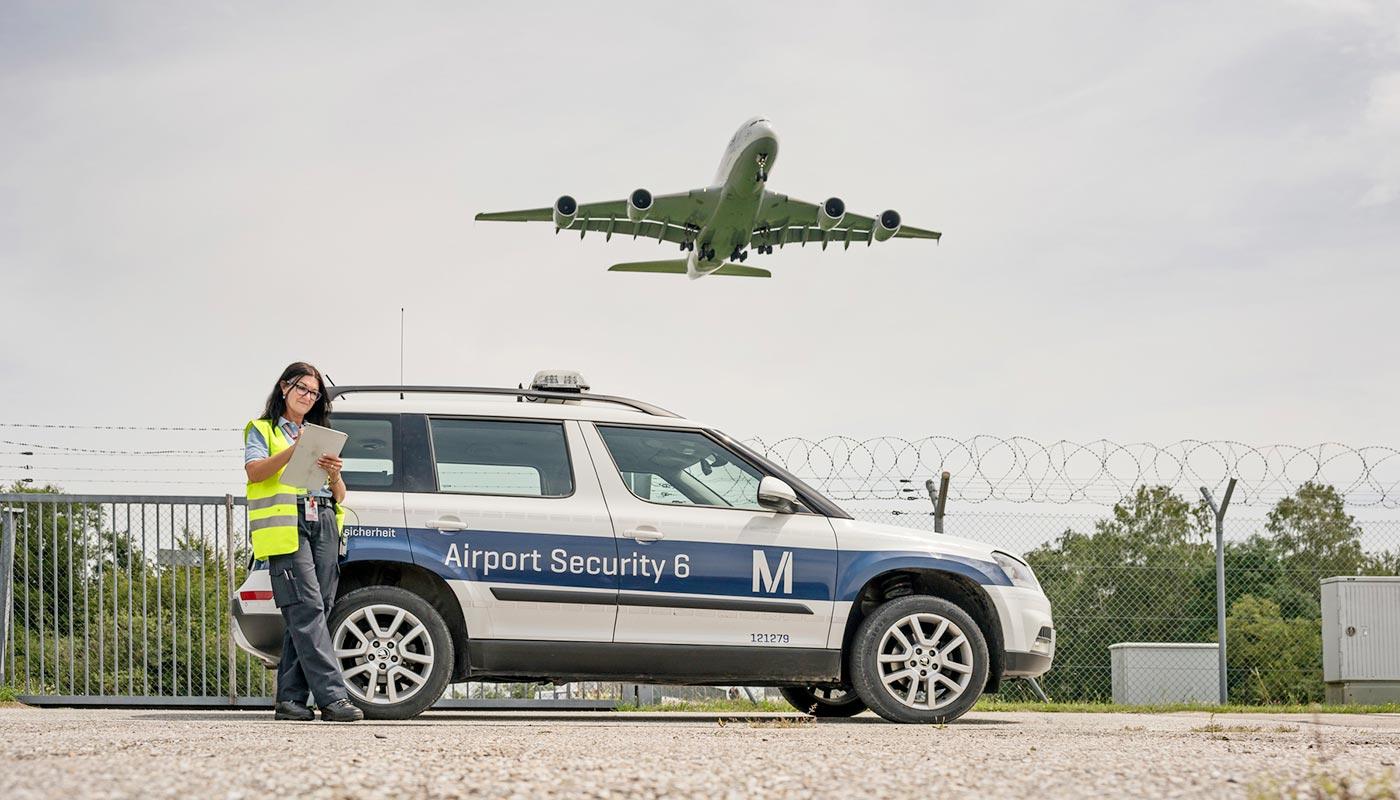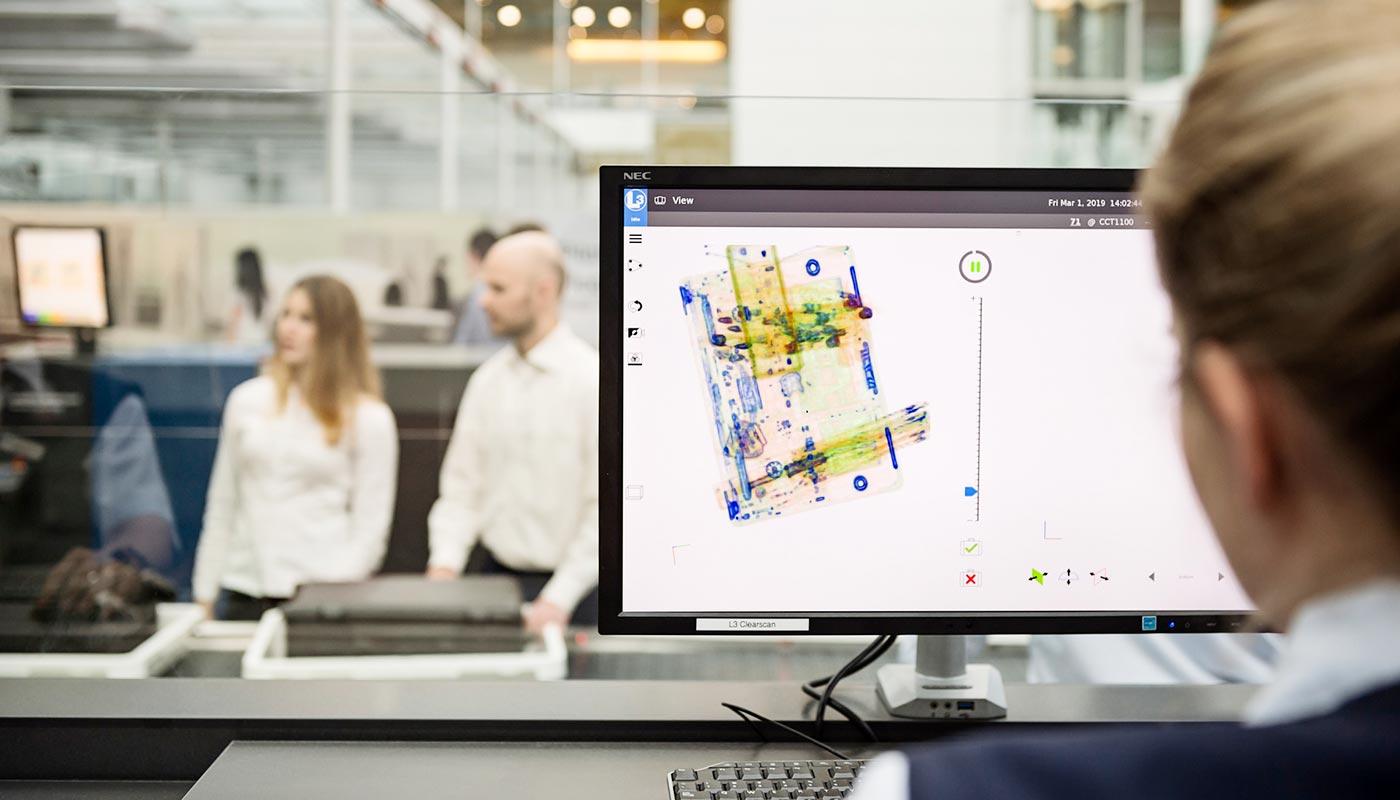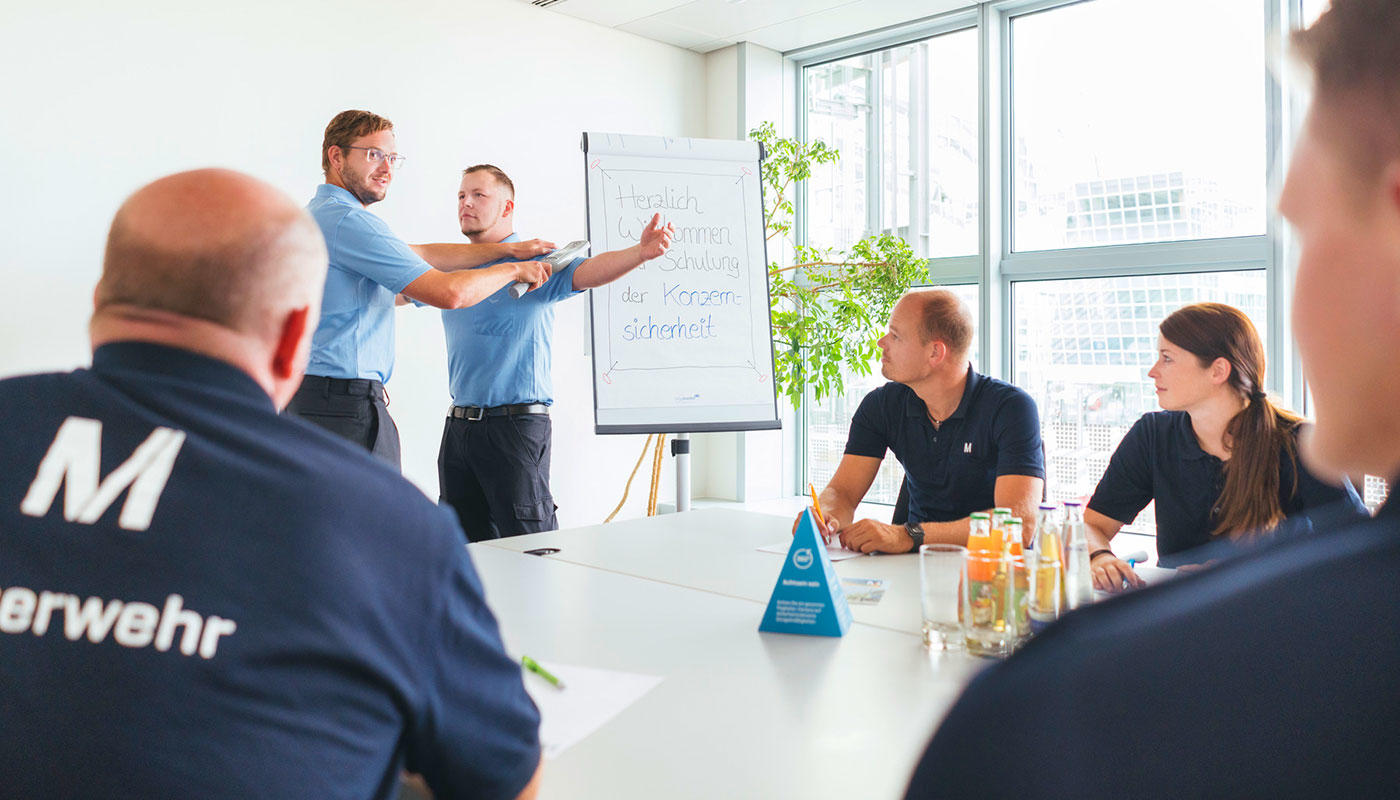July 29, 2019
Typically, security comprises different layers, whereat each layer has a certain probability of failure. By increasing the number of layers and their individual effectiveness, the likelihood of simultaneous errors decreases. Emerging and state-of-the art technology (i.e. biometrics, artificial intelligence) can also potentially contribute to an effective security. However, besides the technical possibilities and the efficiency of layers, the engagement of employees at all levels is a crucial key factor. If employees are involved and take over responsibility, the security outcome can be improved without increasing the budget. Only when security is perceived as a core value rather than an obligation, and employees’ positive security practices are promoted and rewarded, you have a solid foundation for a successful security culture.
Munich Airport’s Security Department takes this engagement seriously and goes innovative ways. From providing a positive work environment and training, to involving leadership, and introducing reporting systems, metrics and measures of effectiveness. Munich Airport (FMG) has a diversified approach to ensure that security is a shared responsibility.






